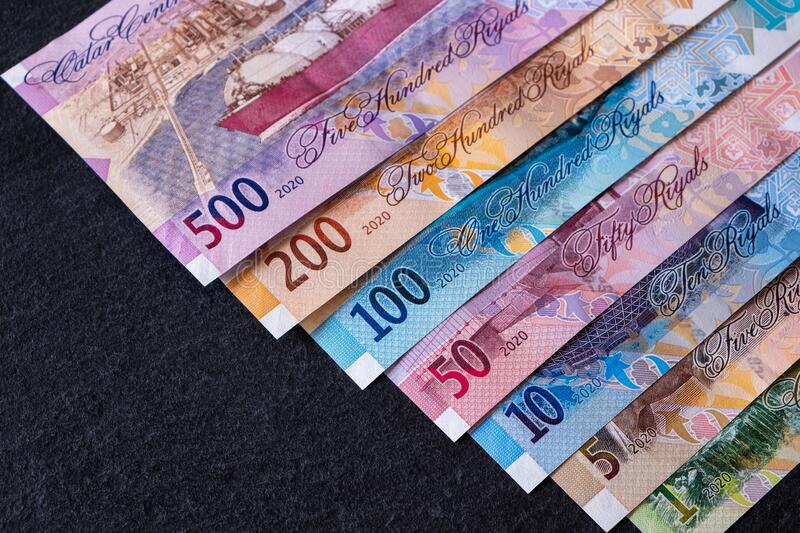All Muslims are required to pay Zakat al-Fitr at the end of the holy month of Ramadan.
The Department of Zakat Affairs at Awqaf ministry has issued a statement calling on individuals to ensure prompt payment of Zakat Al Fitr for themselves and their dependents, irrespective of age or gender.
Zakat al-Fitr, also known as Sadaqat al-Fitr or Zakat al-Fitrah, is a mandatory form of alms-giving in Islam. It is required of every capable Muslim at the end of Ramadan to enable less priveleged individuals to celebrate Eid al-Fitr, the festival that marks the end of the month-long fast.
The primary objective of Zakat al-Fitr is to provide assistance to the poor, allowing them to join in on the global celebration.
The annual charitable donation – separate from the regular Zakat – serves as a means of cleansing one’s soul and seeking forgiveness from Allah by helping those in need.
In Islam, the amount of Zakat al-Fitr is uniform, irrespective of an individual’s income. The prescribed minimum amount is one sa’ (equivalent to four double handfuls) of food, grain, or dried fruit for every family member or an equivalent monetary value.
The current amount for Zakat Al Fitr, as determined by the Department of Zakat Affairs, is QAR 15 for Ramadan 1444 AH.
To determine this amount, specialists at the Zakat services section study the prices of rice, which is the most common food staple in Qatar, and calculate the average price to ascertain the true value of Zakat Al Fitr.
The mandatory contribution is 2.5 kg of rice or its monetary equivalent of QAR 15.
Qatari official Saad Omran Al Kuwari requested the public to make their contributions through the official government agency, the Zakat Affairs Department through multiple payment options, including its offices located throughout the country as well as its website.
This would enable the department to deliver the Zakat to the beneficiaries in Qatar before the Eid Al Fitr prayer.







